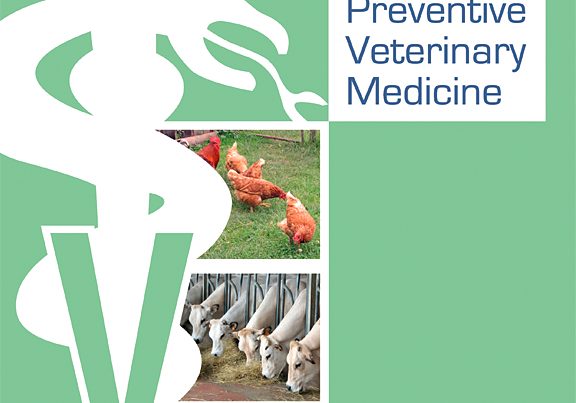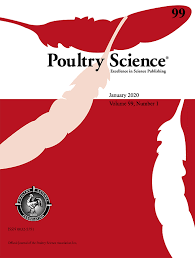Type de document : Article scientifique publié dans publié dans Animals
Auteurs : Jo White, Ruth Sims
Résumé en français (traduction) : Améliorer le bien-être des équidés en créant des habitudes chez les humains
Cet article explore le potentiel des interventions visant à développer des comportements habituels favorables au bien-être des animaux (CHFBEA) chez les humains afin d’améliorer la vie des animaux. Les recherches sur le comportement humain indiquent qu’il est possible d’apporter des changements durables en développant des comportements habituels positifs. La nature routinière de nombreuses pratiques de soins et de gestion des équidés se prête à la formation et au maintien d’habitudes. Cet article de validation de concept vise à évaluer une intervention basée sur la théorie du développement et du maintien d’un CHFBEA chez les personnes s’occupant d’équidés. Des méthodes de recherche qualitatives ont été utilisées. Une intervention CHFBEA de 30 jours (CHFBEAInt) consistant à fournir un enrichissement à un équidé en le grattant dans un contexte constant lié à un comportement de routine existant a été entreprise. Les participants (n = 9) se sont ensuite engagés dans des entretiens semi-directifs qui ont été étudiés à l’aide d’une analyse thématique, où les participants ont rapporté les résultats qu’ils ont observés pendant l’intervention. Les résultats de l’étude suggèrent que le CHFBEAInt a eu un impact positif sur le comportement humain et la formation des habitudes. Cette étude contribue à combler le manque de preuves concernant l’application de la théorie des habitudes aux interventions en faveur du bien-être des équidés et met l’accent sur le lien entre un nouveau comportement souhaité et un comportement de routine existant lors de l’élaboration des CHFBEA. Elle souligne également le rôle du bénéfice mutuel pour l’homme et l’équidé, et de l’émotion dans la fourniture d’un retour d’information et d’une récompense potentielle, soutenant le lien avec le principe du signal-routine-récompense de la théorie de l’habitude.
Résumé en anglais (original) : This paper explores the potential for interventions to develop pro-animal welfare habitual behaviours (PAWHBs) in people to improve the lives of animals. Human behavioural research indicates that opportunities exist to deliver lasting change through developing positive habitual behaviours. The routine nature of many equine care and management practices lends itself to habit formation and maintenance. This proof-of-concept paper aims to evaluate a theory-based intervention of developing and maintaining a PAWHB in people caring for equines. Qualitative research methods were used. A 30 day PAWHB intervention (PAWHBInt) of providing enrichment to an equine by scratching them in a consistent context linked to an existing routine behaviour was undertaken. Participants (n = 9) then engaged in semi-structured interviews that were analysed using thematic analysis, where the participants self-reported the outcomes they observed during the intervention. The study findings suggest that the PAWHBInt had a positive impact on human behaviour and habit formation. The research helps to address the dearth of evidence regarding the application of habit theory to equine welfare interventions and emphasised linking a desired new behaviour to an existing routine behaviour when developing PAWHBs. The research also highlights the role of mutual benefit for human and equine, and emotion in providing feedback and potential reward, supporting the link to the cue-routine-reward principle of habit theory.




